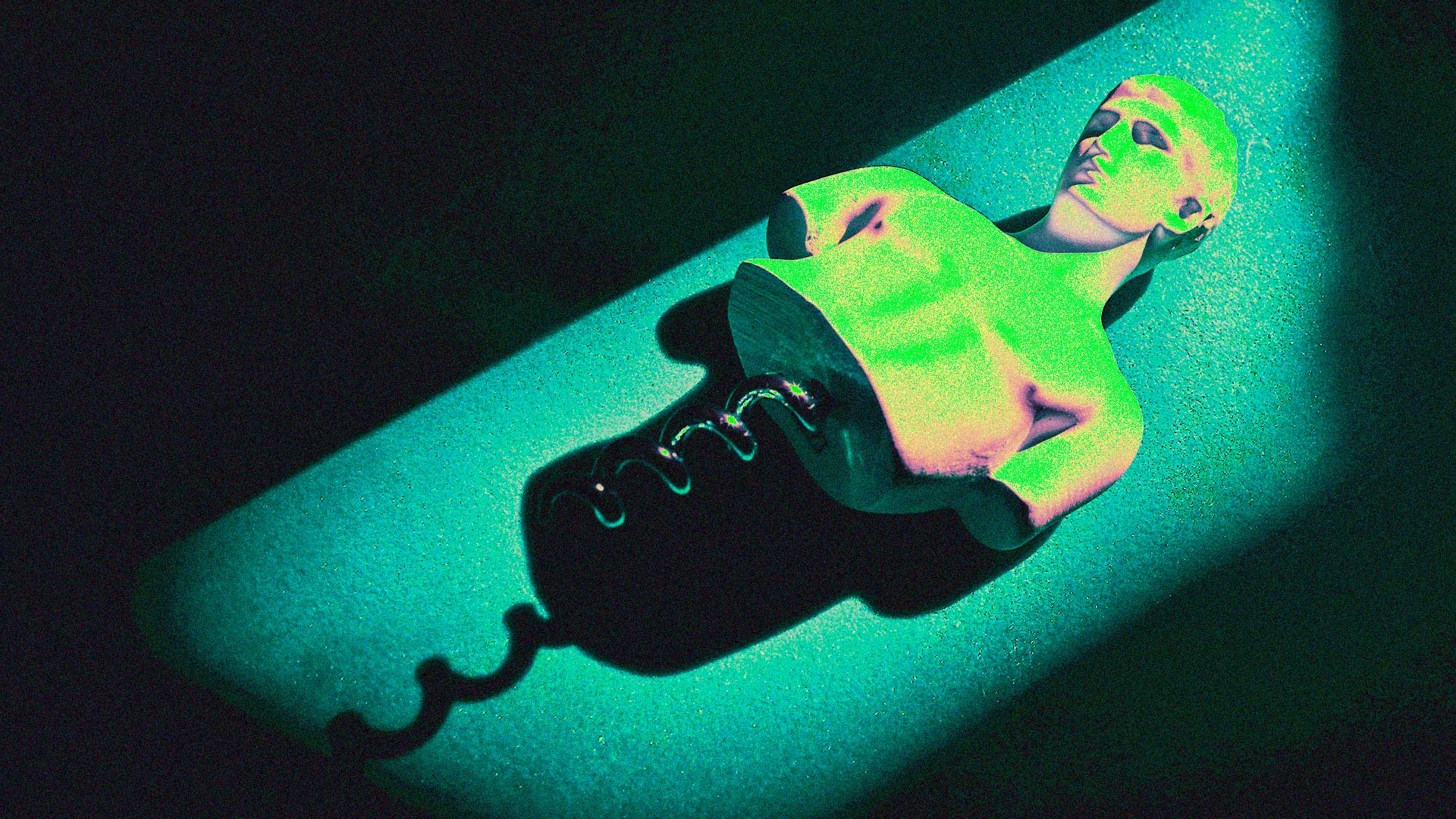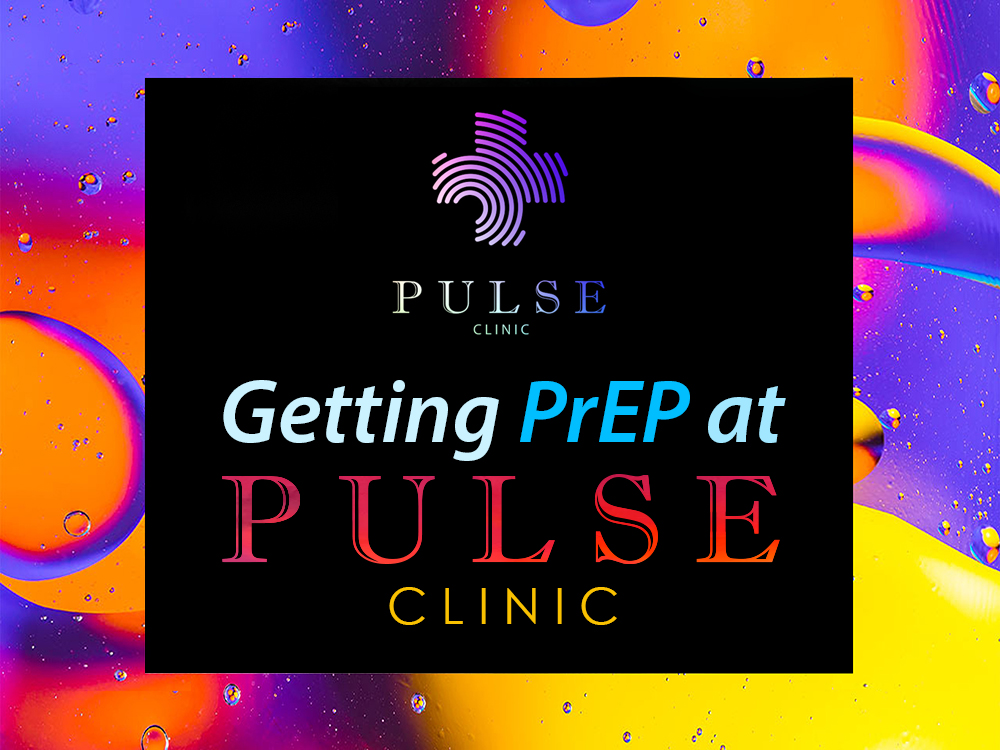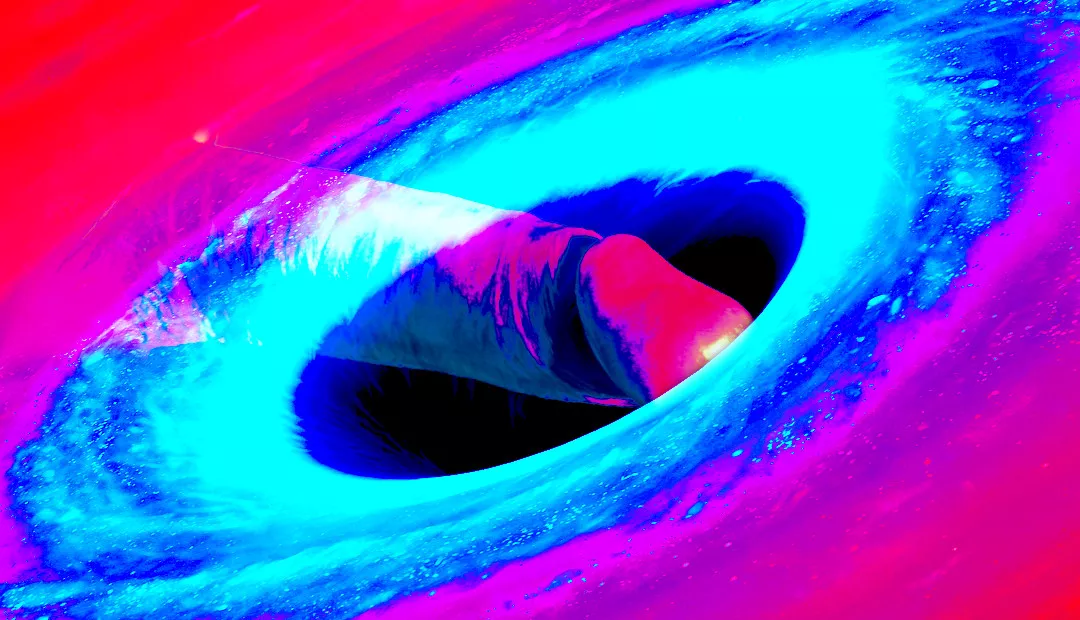Erectile dysfunction (ED) occurs when a man cannot achieve an erection or sustain one long enough during sexual activity.
It is one of the most common sexual challenges men face and can be very distressing. Some people, particularly those who have religious or moral qualms about pornography, argue that porn use can cause erectile dysfunction.
The research on porn-induced erectile dysfunction is mixed, with some studies supporting this connection and others arguing that pornography might actually help with ED.
ED is a complex health issue that has physical and mental health components. This article aims to break down the topic and present the evidence.
How does it happen?
Relationships, body image, and similar factors can also play a role in causing erectile dysfunction. For many men, ED does not have a single, identifiable cause.
Porn-induced erectile dysfunction is a controversial theory for explaining sexual problems.
Some proponents of the notion, such as this highly subjective blog from the anti-pornography advocacy group Fight the New Drug, believe that pornography is immoral. This potentially makes their research more biased than a laboratory study from a neutral party.
Research in support of the link between pornography and erectile dysfunction argues that porn can desensitize sexual responses. A 2016 article argues that more young men are seeking help for ED, and that this could be due to the desensitizing effects of so-called “hardcore” pornography.
Drawing upon case studies and a review of previous research, the article argues that pornography may decrease men’s satisfaction with their own bodies, triggering anxiety during sex.
Men who view pornography may need to progressively increase sexual stimulation to feel and remain aroused. The use of pornography might change the way the brain reacts to arousal, making a man less likely to feel aroused by a real-life partner. The use of sex toys might desensitize nerves in the penis, making it more difficult to get an erection because the nerves require more physical stimulation.
The lead author of this study, Gary Wilson, is the founder of an organization called Your Brain on Porn. Wilson’s campaign against pornography raises questions of bias. Other studies that find a link between pornography and erectile dysfunction uncover only a weak connection.
This suggests that, even when pornography is one possible factor behind a case of erectile dysfunction, it is unlikely to be the only factor.
A 2015 analysis of two large, cross-sectional studies also points to a link between pornography use and ED. The link in that study, however, was very modest. Just one of the two studies found a link, and that link was weak.
Additionally, only men who engaged in “moderate” use of Internet pornography reported more ED than those engaged in “high” or “low” use.
This undermines the notion that excessive use of pornography is desensitizing. The authors of the study argue that their data does not support public health concerns about pornography, and does not suggest that pornography plays a role in erectile dysfunction.
Porn and erectile dysfunction
Some other studies suggest that pornography might actually help with erectile dysfunction, especially when ED is due to psychological or relationship concerns.
A 2015 study found that men who reported more time spent viewing pornography had greater sexual responsiveness to a partner in a laboratory setting. This suggests that pornography might help prime the brain or body for sex, potentially improving intercourse with a partner.
However, the research supporting the positive effects of pornography is limited and preliminary, similarly to studies that focus on the harm of pornography use.
A 2014 article emphasizes that scientific research rarely discusses so-called “pornography addiction,” or its suggested role in ED. Yet the term is common on Internet forums and other non-clinical sources, and may even be used in treatment. This supposed link between erectile dysfunction and pornography has fueled a lucrative industry, despite there being little scientific evidence to support the link.
Men who feel guilty about their use of pornography may struggle with ED due to this guilt. In this way, a belief that pornography is wrong or is linked to ED can become a self-fulfilling prophecy.
Other causes of erectile dysfunction
Erectile dysfunction is a complex issue that can have more than one cause.
For example, a man might have a physical ailment that makes it difficult to sustain an erection. This can trigger anxiety, intensifying the problem. If ED causes problems in a relationship with a partner, this can make the issue worse.
Secondary erectile dysfunction, which develops later in life after a long period of being able to maintain an erection, is the most common form of ED.
Secondary ED is also the type most likely to be blamed on porn. Primary ED, which occurs when a man has never been able to achieve an erection, is very rare and usually the result of an underlying condition.
Some of the most common causes of secondary ED include:
- psychological distress, such as body image problems or anxiety about sex
- relationship problems
- blood vessel disorders, including those due to heart health issues
- neurological damage, which is often due to diabetes
- prostate disorders
- smoking-induced atherosclerosis, which clogs arteries
Periodic difficulties with getting or sustaining an erection are typical and often due to stress. A man who only experiences occasional ED is unlikely to be diagnosed with ED or a related medical condition.
Related health problems
A number of health problems can cause erectile dysfunction by damaging the nerves or narrowing the blood vessels.
When blood vessels narrow, it becomes harder for the penis to fill with blood. Some common culprits include:
- cardiovascular disease
- atherosclerosis
- high blood pressure
- diabetes
- spinal cord injuries
- nerve damage due to surgery
- prostatitis and other prostate disorders
Some mental health conditions, including anxiety disorders and depression, may also play a role. Some men find that certain drugs, including antidepressants and blood pressure medications, make it more difficult to achieve or sustain an erection.
Treatment
The American Association of Sexuality Educators, Counselors and Therapists (AASECT) argues that there is insufficient scientific evidence to support the existence of addiction to either sex or pornography.
It further emphasizes that any attempts to treat sexual issues, including issues related to porn, should be non-pathologizing, or should not be framed as treatments for a disease.
AASECT emphasizes that many efforts to treat so-called “pornography addiction” are harmful, unsupported by scientific research, and rooted in misconceptions.
Men experiencing sexual dysfunction should seek out healthcare professionals who embrace an open and judgment-free approach to treating sexual issues. It is important to look at both the physical and psychological aspects of erectile dysfunction when seeking a cure.
The right treatment depends on the cause of sexual dysfunction. For men who experience performance anxiety, therapy, relaxation exercises, and a supportive partner may help. Some men may also find that pornography helps to stoke sexual desire when the underlying issue is psychological, not physical.
Other treatment options include:
- ED drugs, such as Viagra and Cialis
- the use of a penis pump to pull blood into the penis and achieve an erection
- lifestyle remedies to address cardiovascular disease, such as exercise and diet changes
- surgery to address anatomical problems or prostate disorders
- a penile implant
- adopting a pleasure-based rather than performance-based approach to sexuality
Outlook and conclusion
In the absence of another factor, such as guilt about porn or sex or a physiological problem, pornography is unlikely to cause sexual dysfunction. Men may have other reasons for abstaining from pornography but should know that doing so will not directly address an underlying sexual health issue.
Erectile dysfunction is common and treatable despite the frustration it can case. A sensitive doctor, knowledgeable therapist who specializes in human sexuality, and supportive partner can all help manage and reverse symptoms.
SERVICES OFFERED BY PULSE CLINICS
- Consultation with experts (Medical doctor, Chinese medicine doctor, Psychologist)
- ED drugs, such as Viagra and Cialis
- Shockwave to treat Erectile Dysfunction and to improve performance
- Acupuncture to treat Erectile Dysfunction and to improve performance
- Lifestyle remedies to address cardiovascular disease, such as exercise and diet changes
- Mental health counseling








